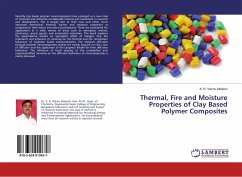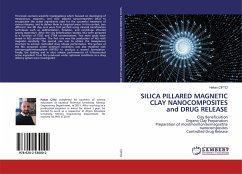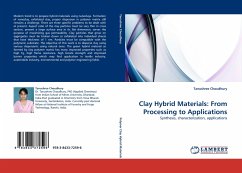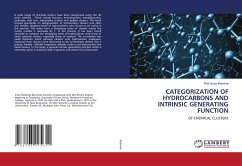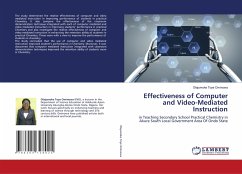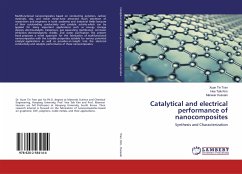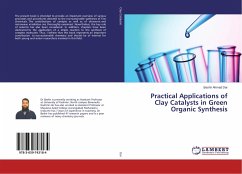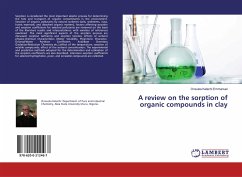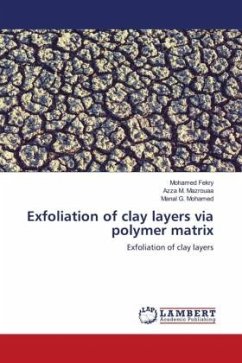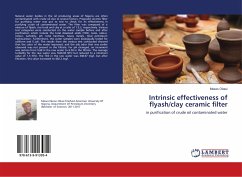
Intrinsic effectiveness of flyash/clay ceramic filter
in purification of crude oil contaminated water
Versandkostenfrei!
Versandfertig in 6-10 Tagen
27,99 €
inkl. MwSt.

PAYBACK Punkte
14 °P sammeln!
Natural water bodies in the oil producing areas of Nigeria are often contaminated with crude oil due to several factors. Proposed ceramic filter for purifying water was put to test to check for its effectiveness in purifying crude oil contaminated water. The filter was composed of a mixture of flyash, rice husk and clay at a ratio of 1:2:2, respectively. Various test categories were conducted on the water sample before and after purification which include the total dissolved solids (TDS), taste, odour, colour, turbidity, pH, total hardness, heavy metals, total petroleum hydrocarbon. Furthermor...
Natural water bodies in the oil producing areas of Nigeria are often contaminated with crude oil due to several factors. Proposed ceramic filter for purifying water was put to test to check for its effectiveness in purifying crude oil contaminated water. The filter was composed of a mixture of flyash, rice husk and clay at a ratio of 1:2:2, respectively. Various test categories were conducted on the water sample before and after purification which include the total dissolved solids (TDS), taste, odour, colour, turbidity, pH, total hardness, heavy metals, total petroleum hydrocarbon. Furthermore, the water samples were biologically tested for coliform and E.coli. The results from the various test conducted showed that the color of the water improved, and the oily odor that was earlier observed was not present in the filtrate. For pH changed, an increment was notices from 5.68 in the raw water to 6.50 in the filtrate. The average turbidity for the raw water was 1626.83 NTU but reduced to a minimum value of 1.5 NTU. The TDS in the raw water was 348.67 mg/l, but after filtration, this value increased to 402.2 mg/l.




